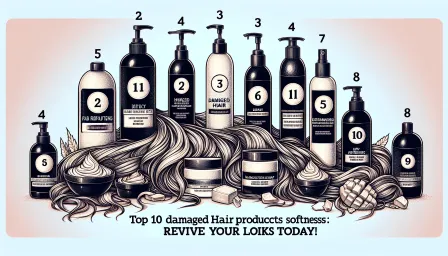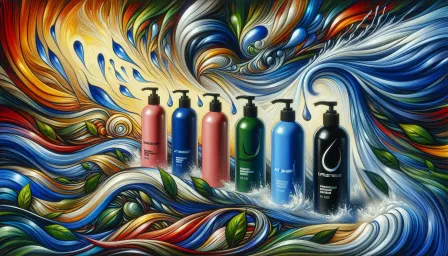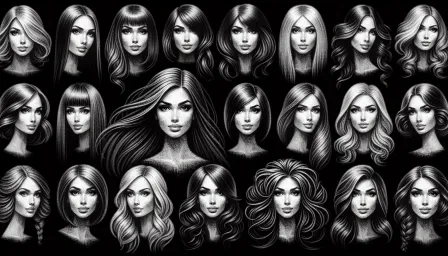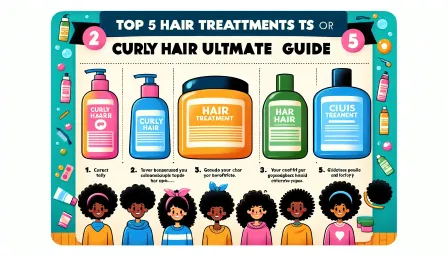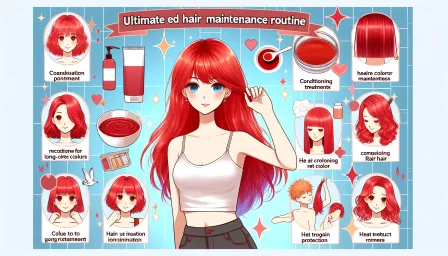Oily Hair Myths Debunked: Separating Fact from Fiction
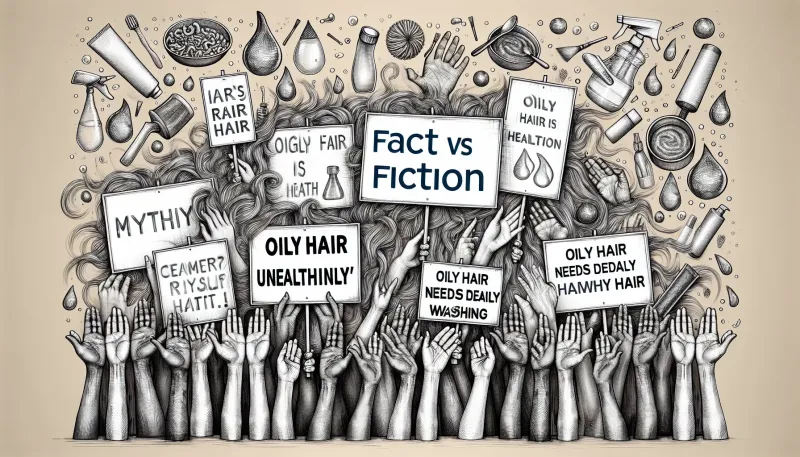
Discover the truth about oily hair by debunking common myths and learning how to properly care for oily hair with expert advice.
Oily hair is a prevalent concern for many people, leading to various misconceptions and myths about its causes and treatments. It's easy to get overwhelmed with the seemingly endless advice and remedies available. This article aims to debunk oily hair myths, provide accurate information, and offer practical solutions for managing oily hair effectively.
Understanding Oily Hair
Before diving into myths, it's essential to understand what causes oily hair. The scalp produces sebum, a natural oil that maintains the health of your hair. Overproduction of sebum results in oily hair, which can be influenced by factors such as genetics, hormonal changes, and lifestyle choices.
The Role of Sebum
Sebum is beneficial as it protects and moisturizes the scalp and hair. However, too much sebum can make your hair appear greasy and limp. It is crucial to strike a balance and know how to manage sebum production effectively.
Myth 1: Washing Your Hair Daily Is Essential
One of the most common myths is that you need to wash your hair daily to combat oiliness. In reality, washing hair too frequently can strip it of natural oils, causing the scalp to produce even more sebum. It creates a vicious cycle of over-washing and overproduction.
Recommended Washing Frequency
Experts recommend washing oily hair every other day or even less frequently, depending on your hair type. Using a gentle shampoo specifically designed for oily hair can help remove excess oil without over-drying the scalp.
Myth 2: Conditioner Makes Oily Hair Worse
Many people with oily hair avoid using conditioner, fearing it will exacerbate the oiliness. While it may seem counterintuitive, conditioner is vital for maintaining hair health. The trick is to use the right type and apply it appropriately.
Choosing the Right Conditioner
Opt for a lightweight, oil-free conditioner and use it sparingly. Apply conditioner only to the ends of your hair, rather than the scalp, to prevent excess oil production.
Myth 3: Brushing Hair Frequently Reduces Oiliness
Another myth suggests that brushing your hair frequently can help distribute oil, reducing its appearance. However, over-brushing can stimulate the scalp's oil glands, leading to more oil production. Moreover, it can damage the hair.
Brushing Tips
To minimize oiliness, brush your hair gently and less often. Use a wide-tooth comb or a brush with natural bristles to reduce scalp stimulation and breakage.
Myth 4: Natural Remedies Are Ineffective
Some believe that only commercial products can manage oily hair, while natural remedies are deemed ineffective. In truth, many natural remedies can help control oil production and maintain scalp health.
Effective Natural Remedies
Ingredients like apple cider vinegar, lemon juice, and tea tree oil can help balance the scalp's pH and reduce oiliness. Dilute these ingredients with water and use them as a rinse after shampooing for the best results.
Myth 5: Dietary Changes Have No Effect
Some people dismiss the idea that diet can influence hair oiliness. However, dietary choices play a significant role in overall hair health, including oil production. Consuming a balanced diet can help regulate sebum production.
Foods to Consume and Avoid
A diet rich in omega-3 fatty acids, vitamins, and minerals can promote a healthy scalp. Conversely, avoiding excessive consumption of greasy, sugary, and processed foods can help keep oil production in check.
Professional Treatments for Oily Hair
If home remedies and routine changes are not sufficient, seek professional advice. Dermatologists or trichologists can recommend treatments or products tailored to your specific scalp and hair needs.
Scalp Treatments and Medications
Prescription shampoos containing ingredients like salicylic acid, ketoconazole, or zinc can help control excessive oiliness. Additionally, professional scalp treatments like exfoliation and deep cleansing can target stubborn oil buildup effectively.
Conclusion
By separating fact from fiction, we can better understand how to manage oily hair effectively. Avoid falling into the trap of common myths and focus on evidence-based practices. From adjusting your washing routine to incorporating natural remedies and consulting with professionals when necessary, there are numerous ways to maintain healthy, balanced hair. Remember, achieving optimal hair health is a journey that requires patience and the right information.





